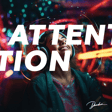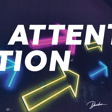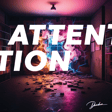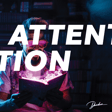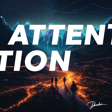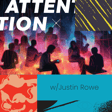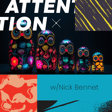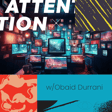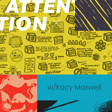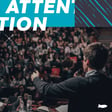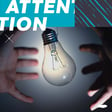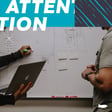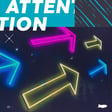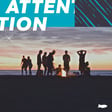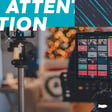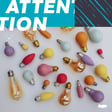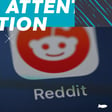
Unleashing Your Voice: Personal Brand, Speaking, & Audience Growth w/Nausheen Chen
In this episode, Dan Sanchez talks with Nausheen Chen about the importance of authenticity and amplification in public speaking. They discuss Nausheen's journey from using LinkedIn as a platform for storytelling to becoming a recognized LinkedIn instructor. They also delve into the challenges of diversifying platforms, the concept of personal branding, and Nausheen's passion for helping others become impactful speakers. With insights on building an audience, engaging with communities, and finding one's voice, this episode offers valuable tips for anyone looking to captivate attention through public speaking.
Timestamps:
00:00 Accomplished public speaking coach.
06:48 Discovering the authentic self through audience growth.
10:27 Limited social media use, focus on LinkedIn. Content creation realization at turning 40.
12:47 Taking risks, learning from failures, and engaging.
17:23 Purple hair became the unique brand.
18:07 Public speakers use visual cues for personal branding.
21:44 Results require consistent time investment on LinkedIn.
26:23 ChatGPT automates newsletter content creation from videos.
30:29 Free 5-day impactful speaker course with videos.
33:57 Balancing multiple tasks limits time for creativity.
36:47 Houdley: AI tool improving public speaking.
38:26 Fascinating interview, learn more about content.

